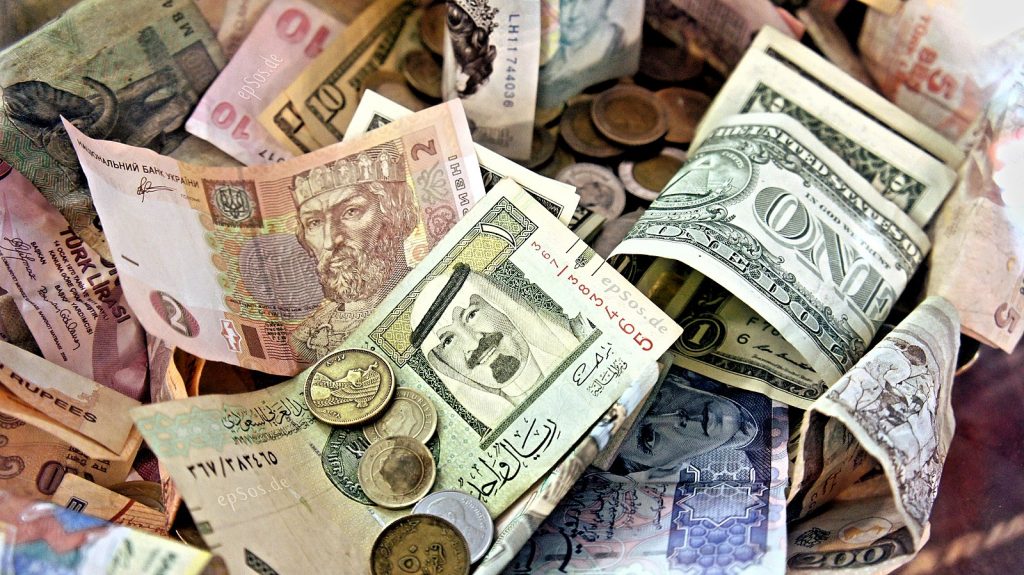
Elite colleges are quick to take foreign donations, but slow to inform the federal government.
A recent report from the Department of Education found $6.5 billion in foreign donations that colleges had failed to self-report before the Department raised the issue.
“Since 2000, the higher education industry has increased its entanglement with foreign adversaries, leading to correspondingly larger and more dangerous foreign threats to American academic freedom, national and economic security, and research integrity,” the partially redacted report noted.
The Department mostly focused on donations coming from China, Saudi Arabia, Russia, and Qatar. The threats these hidden donations carried included espionage and threats to academic freedom.
“America’s adversaries have long exploited the openness of American society, our deeply held belief in free inquiry and academic freedom, and the misjudgments of some higher education industry leaders to advance their institutional interests at the risk to American security,” the report noted.
The investigation focused on a dozen elite schools:
- Georgetown University
- Texas A&M University
- Rutgers University
- Cornell University
- University of Maryland
- Massachusetts Institute of Technology
- Harvard University
- Yale University
- University of Texas
- Case Western Reserve University
- Fordham University
- Stanford University
The report was quick to note that the schools are not being investigated for criminal activity. Instead, the Department wanted to get information on foreign donations that schools are legally obligated to report. But the $6.5 billion discovered so far is only “a fraction of the true total,” the report noted.
Stanford, for example, has now reported $64 million received from anonymous Chinese donations. Harvard has received more than $1 billion since 2012 in foreign donations. An unnamed university hadn’t disclosed more than $760 million. Another unnamed university didn’t previously disclose $1.2 billion from foreign gifts and contracts.
“The flow of foreign money” since 2009 “rose massively,” especially from Qatar, Saudi Arabia, and China.
An earlier Senate subcommittee report mentioned the problem of Confucius Institutes, which are controlled by the Chinese Communist Party. Almost 70 percent of schools required to report on foreign gifts exceeding $250,000 connected to Confucius Institutes failed to report them.
The Department of Education also flagged universities for working with Huawei, “a heavily state-influenced technology company” in China that posed security concerns. Intellectual property theft was a concern, but so was losing classified projects and technology thanks to Chinese spies.
The previously undisclosed donations could also encourage elite schools to look the other way on their foreign campuses. In Qatar, the Department referenced a case where Northwestern University’s Qatari campus prevented an openly gay Lebanese singer from speaking in February.
When colleges uncritically accept donations from foreign countries with questionable records on human rights and academic freedom, it may weaken their resolve to uphold academic principles. That poses a threat to students on campus, but their dealings with repressive regimes abroad also endanger American economic competitiveness and national security.
Anthony Hennen is managing editor of the James G. Martin Center for Academic Renewal.
